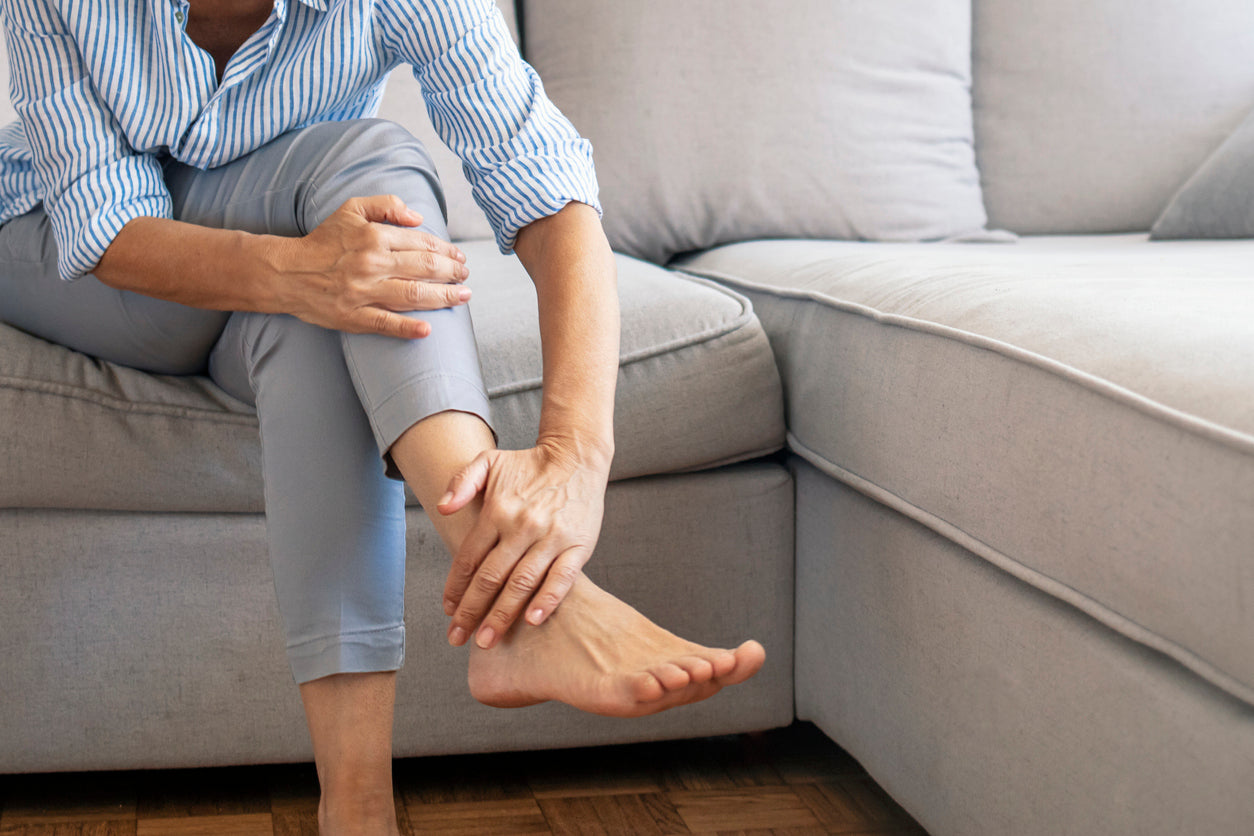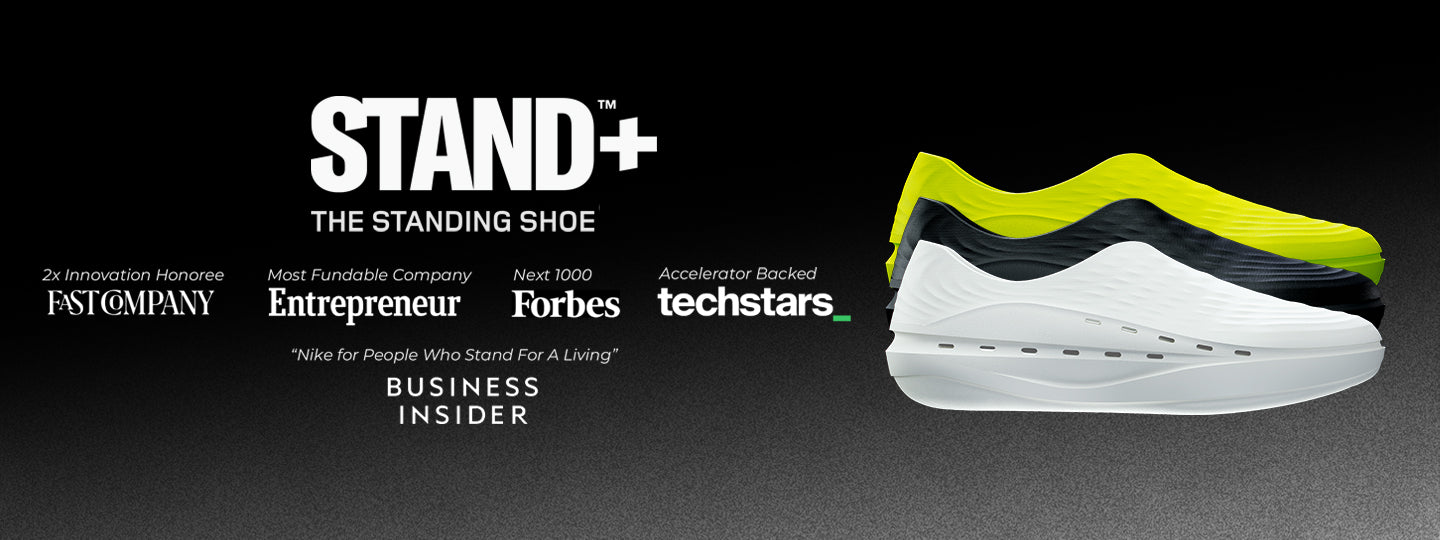
Ankle Pain in Nurses: Causes, Solutions, and Prevention
Nursing is undeniably one of the most physically demanding professions. Between long shifts, frequent movement, and the need to remain on their feet for extended periods, nurses are susceptible to various physical ailments. One of the most common complaints is ankle pain. Let's delve into the causes, solutions, and prevention of ankle pain among nurses.
Causes of Ankle Pain in Nurses:
- Extended Hours on Feet: Nurses typically work 12-hour shifts or longer. Constant weight-bearing for such prolonged periods can put immense stress on the ankles.
- Inadequate Footwear: Wearing shoes that don't provide proper support or are ill-fitted can lead to ankle pain. Lack of cushioning and arch support can magnify the issue.
- Quick Movements and Turns: Emergency situations or the need to swiftly move between patient rooms can cause abrupt movements, placing strain on the ankle joints.
- Slips and Falls: Wet floors or accidental spills can lead to slips, potentially causing sprains or other ankle injuries.
- Pre-existing Medical Conditions: Conditions such as arthritis, tendonitis, or previous ankle injuries can make individuals more susceptible to recurring pain.
Solutions for Ankle Pain:
- Proper Footwear: Investing in quality nursing shoes that offer excellent cushioning, arch support, and a snug fit can significantly reduce the risk of ankle pain. Brands specialized for healthcare professionals often design shoes that cater to the demands of the job.
- Orthotic Insoles: Custom or over-the-counter orthotic insoles can provide additional support, particularly for those with flat feet or other structural foot problems.
- Regular Breaks: Taking short breaks to rest the feet and ankles can make a difference. Elevating the feet during these breaks can also reduce swelling.
- Physical Therapy: For recurring pain, seeking advice from a physical therapist can be beneficial. They can suggest specific exercises to strengthen the ankle and improve flexibility.
- Anti-inflammatory Medications: Over-the-counter pain relievers can help manage pain and inflammation. Always consult with a healthcare professional before starting any medication.
Prevention Strategies:
- Stay Active: Regular low-impact exercises like swimming, cycling, or yoga can keep ankles strong and flexible.
- Stretch Regularly: Simple stretches before and after shifts can prevent stiffness and improve circulation.
- Maintain a Healthy Weight: Excess weight can put added pressure on the ankles. Maintaining a balanced diet and healthy weight can alleviate unnecessary stress on the joints.
- Wear Compression Stockings: These can enhance blood circulation and prevent swelling, especially during long shifts.
- Practice Safe Work Techniques: Being aware of the surroundings, cleaning up spills immediately, and using assistive devices when necessary can reduce the risk of injuries.
While the demands of nursing can pose challenges to one's physical well-being, understanding the causes of ailments like ankle pain and proactively seeking solutions can make a world of difference. By investing time and resources in prevention, nurses can ensure they remain in the best possible shape to provide care for their patients.
SHARE:

